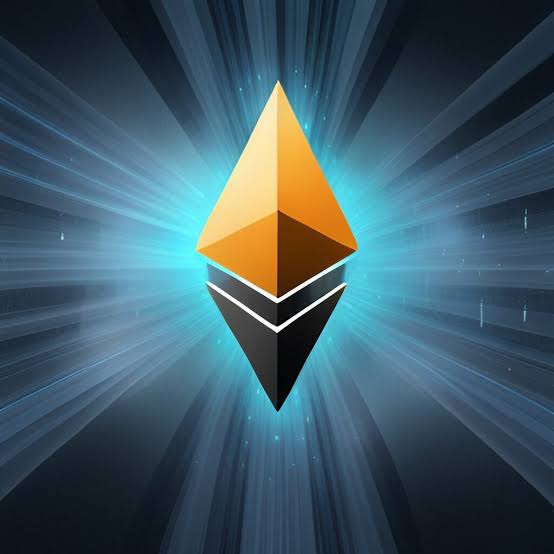The co-founder of Ethereum suggests a remedy that would reduce the possibility that any particular liquid staking provider will develop to the point where it poses a systemic concern.
Co-founder of Ethereum Vitalik Buterin has highlighted concerns about decentralised autonomous organisations (DAOs) having exclusive control over the choice of node operators in liquidity staking pools.
In a recent blog article, Buterin issued a warning that staking pools may be exposed to threats from malevolent actors when they embrace the DAO model for governance over node operators, who are ultimately in charge of the pool’s cash.
“With the DAO approach, if a single such staking token dominates, that results in a single, potentially hackable governance device controlling a very large portion of all Ethereum validators,” the authors write. Buterin uses the liquid staking service Lido as an illustration of a DAO that verifies node operators. But he emphasises that relying on just one layer of defence might not be enough:
“To the credit of protocols like Lido, they have implemented safeguards against this, but one layer of defence may not be enough,” he added.
While doing so, he reveals that Rocket Pool provides the chance for anyone to become a node operator by making an 8 Etherdeposit, which, at the time of this publication, is equivalent to roughly $13,406.
He does warn that there are dangers involved. He said, “The Rocket Pool approach forces users to pay most of the costs while allowing attackers to attack the network with 51% of the vote.”
Buterin emphasises that a method for determining who can serve as the underlying node operators is a definite requirement on the other hand:
Because attackers would join forces and use user funds to escalate their attacks, it cannot be unfettered.


